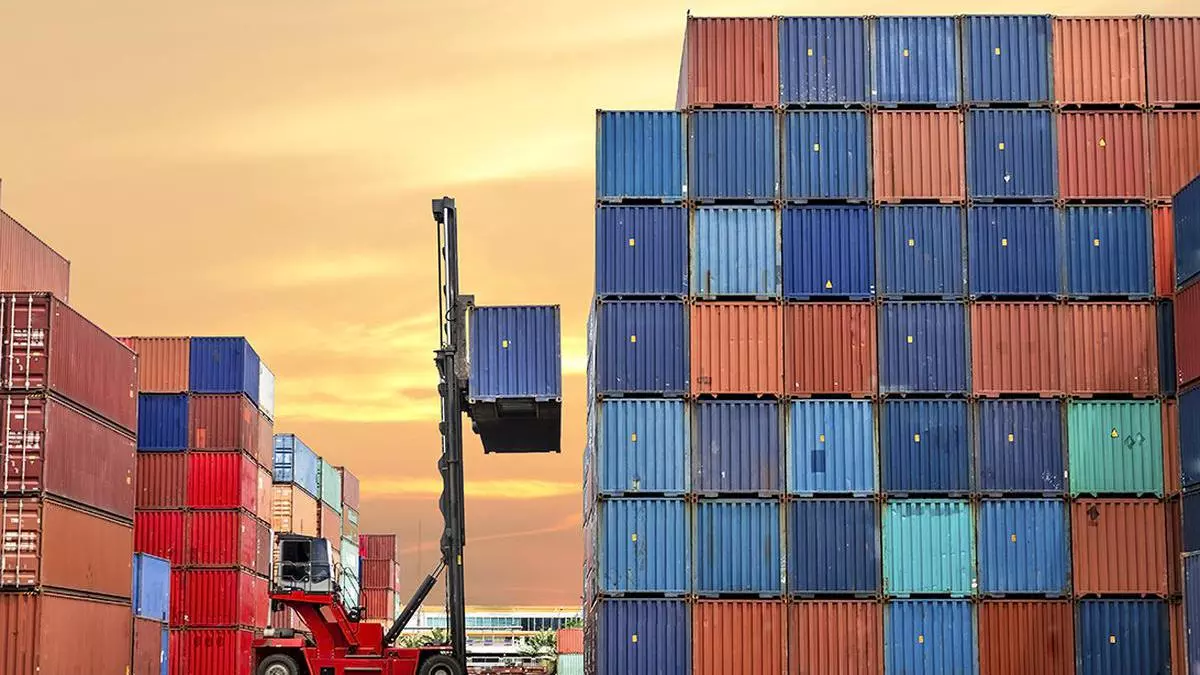India’s FTAs with EU, UK, Canada may not bring in significant gains, says report
Free trade agreements negotiated by India with developed country partners such as UK, EU and Canada may not yield significant benefits as significant additional market access is not expected for Indian exporters due to already low tariffs on imports in these countries, research report by a Delhi-based think tank.
Things are likely to move exactly along the lines of the existing free trade agreements between India, Japan, South Korea and the Association of Southeast Asian Nations, as India’s exports grew at a much lower rate than its imports after the implementation of the agreement, resulting in a deficit in goods trade with the three countries. FTA partners are growing at a much higher rate than India’s global trade deficit, according to the report, “Free Trade Agreements: Wonderful, Useless, or Flawed?” An assessment of free trade agreements between India, ASEAN, Japan and South Korea, presented by former Indian trade services officer Ajay Srivastava, co-founder of the Global Trade Research Initiative.
India’s FTA partners have benefited most from the agreements, as a reduction in India’s high tariffs has increased market access for their businesses.
More deprivation
In the new FTAs being negotiated, there may be an additional disadvantage for Indian exporters, as the introduction of new issues, such as labour, environment, digital trade and gender, could enable these countries to impose numerous non-tariff barriers to discourage exports. From India, the report added.
Regarding expectations that a free trade agreement with a developed country may lead to an increase in exports of labour-intensive goods in India, the report indicated that it may not always be true, as evidenced by India’s insignificant increase in apparel exports to Japan despite the country bringing lower tariffs. Import from the normal level of 10 percent as part of the India-Japan Free Trade Agreement signed in 2011.
little gain
“Indian textiles and apparel gained a bit from the FTA with Japan. India’s exports to Japan grew from $257.7 million in 2007-09 to $368.6 million in 2019-21, with a cumulative growth of 43.1 percent. India’s global exports grew by 67.9 percent During this time, therefore, even a modest increase in exports to Japan may be due to natural growth factors rather than the FTA.
“Given the noise made by FTAs, we forget that less than 20 percent of world trade is considered preferential. Eighty percent of world trade takes place on non-preferential MFN (import duties applicable to all countries) charges. Hence, India needs to additional strategies to promote trade that occur outside the preferential path of FTAs,” the report suggested.
The report suggested alternatives, and indicated that most of the major trading powers have grown by enhancing competitiveness at the product and company level at the country level and reducing MFN import duties. She said India should focus on these.
